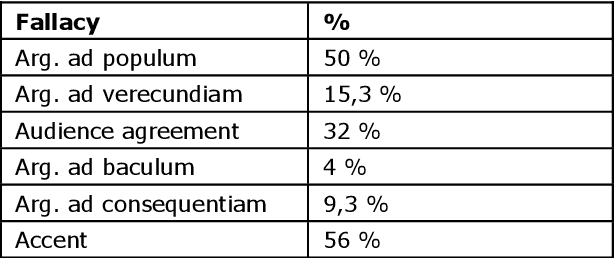Fabiana Vernero
How personality and memory of a robot can influence user modeling in Human-Robot Interaction
Jun 15, 2024


Abstract:In recent years, robotics has evolved, placing robots in social contexts, and giving rise to Human-Robot Interaction (HRI). HRI aims to improve user satisfaction by designing autonomous social robots with user modeling functionalities and user-adapted interactions, storing data on people to achieve personalized interactions. Personality, a vital factor in human interactions, influences temperament, social preferences, and cognitive abilities. Despite much research on personality traits influencing human-robot interactions, little attention has been paid to the influence of the robot's personality on the user model. Personality can influence not only temperament and how people interact with each other but also what they remember about an interaction or the person they interact with. A robot's personality traits could therefore influence what it remembers about the user and thus modify the user model and the consequent interactions. However, no studies investigating such conditioning have been found. This paper addresses this gap by proposing distinct user models that reflect unique robotic personalities, exploring the interplay between individual traits, memory, and social interactions to replicate human-like processes, providing users with more engaging and natural experiences
Can empathy affect the attribution of mental states to robots?
Sep 06, 2023Abstract:This paper presents an experimental study showing that the humanoid robot NAO, in a condition already validated with regards to its capacity to trigger situational empathy in humans, is able to stimulate the attribution of mental states towards itself. Indeed, results show that participants not only experienced empathy towards NAO, when the robot was afraid of losing its memory due to a malfunction, but they also attributed higher scores to the robot emotional intelligence in the Attribution of Mental State Questionnaire, in comparison with the users in the control condition. This result suggests a possible correlation between empathy toward the robot and humans' attribution of mental states to it.
From psychological traits to safety warnings: three studies on recommendations in a smart home environment
Jun 09, 2023Abstract:In this paper, we report on three experiments we have carried out in the context of the EMPATHY project, with the aim of helping users make better configuration choices in a smart home environment, and discuss our results. We found that there are psychological traits, such as Need for Cognition, which influence the way individuals tend to use recommendations, that there are non obvious relationships between the perceived usefulness of recommendations in different domains and individuals' ability to exploit suggestions on configuration choices, and that detailed, easy-to-understand security explanations are more persuasive than simple security warnings, when it comes to make decisions on the applicability of rules which might cause privacy and security risks.
Unveiling the link between logical fallacies and web persuasion
May 09, 2013


Abstract:In the last decade Human-Computer Interaction (HCI) has started to focus attention on forms of persuasive interaction where computer technologies have the goal of changing users behavior and attitudes according to a predefined direction. In this work, we hypothesize a strong connection between logical fallacies (forms of reasoning which are logically invalid but cognitively effective) and some common persuasion strategies adopted within web technologies. With the aim of empirically evaluating our hypothesis, we carried out a pilot study on a sample of 150 e-commerce websites.
 Add to Chrome
Add to Chrome Add to Firefox
Add to Firefox Add to Edge
Add to Edge